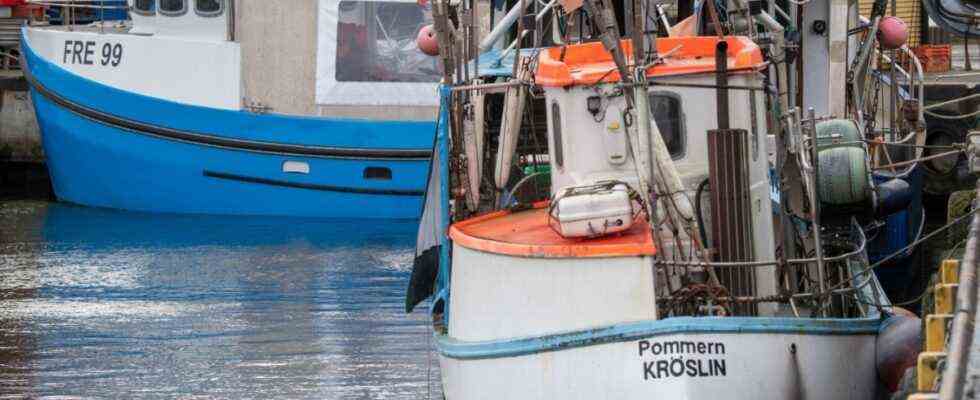The Baltic Sea is expected to recover soon, and the World Conservation Conference wants to do everything better in the coming decade. Whether it will work this time is questionable.
Ten years is a long time. A child who is now in third grade at the age of eight and plays with cars will then be of legal age and will likely get a driver’s license. In the Baltic Sea there will perhaps be a lot of jellyfish and algae, but no more porpoises.
The poor condition of the Baltic Sea has been known for more than ten years. Last week the neighboring countries met again and decided that this should change now. But really this time. And that until – you guessed it – ten years. By then, the “good ecological status” should be restored. The last “Action Plan” to save the Baltic Sea, which was adopted in 2007, had exactly the same goal. Since then: nothing has improved.
Nice words are not enough to save the Baltic Sea, and certainly not the whole world
Slurry and other fertilizers are still flowing into the Baltic Sea, creating “dead zones” on the sea floor, in which there is no oxygen and therefore hardly any life. Huge trawls are still allowed to fish in the Baltic Sea, which destroy the bottom and in which harbor porpoises, sea birds and other animals get entangled and drown. You can still search for oil and gas with sonic cannons. And 1.6 million tons of ammunition and 5,000 tons of chemical warfare agents from the Second World War are still rusting there.
Ten years is a bad time frame. They signal that you don’t have to start immediately, there is still a lot of time. Suddenly they are over and you realize: Unfortunately, all goals are missed. Like the 2007 Action Plan, which in theory wasn’t all that bad; In practice, however, only a quarter of the measures have been used to this day begunto implement them.
So that this failure does not repeat itself, it would make sense to set shorter deadlines in which partial goals must then be achieved. For example: From 2023 onwards, it will no longer be allowed to use sound cannons in the Baltic Sea. An alternative technique already exists. Those who do not stick to the agreements should feel the consequences.
Expressions of will and fine words are simply not enough to save the Baltic Sea. And certainly not the whole world. The World Conservation Conference also missed almost all of its 2010 goals, which should at least slow down species extinction by 2020. Now there should be a new plan. Everything will be better by 2030. But really now.

